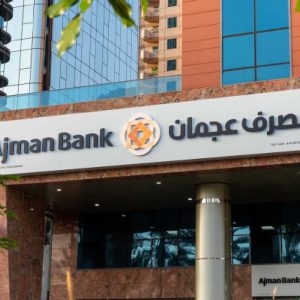
This is part of a wider liberalisation programme the government launched a few years ago, reported Reuters.
According to BSP Governor Amando Tetangco Jr, the latest move is part of BSP’s ongoing efforts to have a suitable regulatory framework for FX transactions.
The amendments involve permitting the sale of FX by authorized agent banks (AABs)/AAB-subsidiary/affiliate forex corporations to residents for credit card payments to resident credit card companies.
Facilitating legitimate trade transactions, the policy will also allow the bank to better capture data on trade transactions through reporting of gross importations.
As part of the amendments, the guidelines will be consolidated for reporting of importations under documents against acceptance/open account (D/A-O/A) arrangements in Appendices 6 and 6.1 to Appendix 6 of the FX Manual to simplify guidelines for better understanding and compliance.
Under the amendments, the general policy requiring a long-term debt-to-equity ratio of 75/25 will be included in the manual to provide better guidance for prospective private sector non-bank borrowers.
The coverage of short-term interbank loans that do not require prior approval of the bank will be expanded, permitting short-term interbank loans to cover short-term interbank loans of financial institutions.
Tetangco said that the review of FX regulations is consistent with the BSP’s proposal to maintain a safe financial system as well as a suitable monetary policy.
In a separate announcement, Japan’s Sumitomo Mitsui Banking has secured approval from BSP for the opening of its branch in Makati City.
According to Sumitomo, the new branch opening will help improve its ability to provide various banking services in the Philippines.
Image: Head office of Bangko Sentral ng Pilipinas in Manila. Photo: courtesy of User:Ramon FVelasquez






